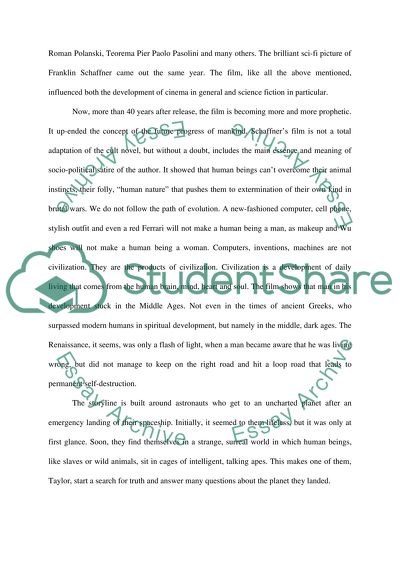Cite this document
(“Planet of the Apes Essay Example | Topics and Well Written Essays - 2000 words”, n.d.)
Retrieved from https://studentshare.org/visual-arts-film-studies/1425098-choos-two-of-the-questions-to-answer-each-in
Retrieved from https://studentshare.org/visual-arts-film-studies/1425098-choos-two-of-the-questions-to-answer-each-in
(Planet of the Apes Essay Example | Topics and Well Written Essays - 2000 Words)
https://studentshare.org/visual-arts-film-studies/1425098-choos-two-of-the-questions-to-answer-each-in.
https://studentshare.org/visual-arts-film-studies/1425098-choos-two-of-the-questions-to-answer-each-in.
“Planet of the Apes Essay Example | Topics and Well Written Essays - 2000 Words”, n.d. https://studentshare.org/visual-arts-film-studies/1425098-choos-two-of-the-questions-to-answer-each-in.


